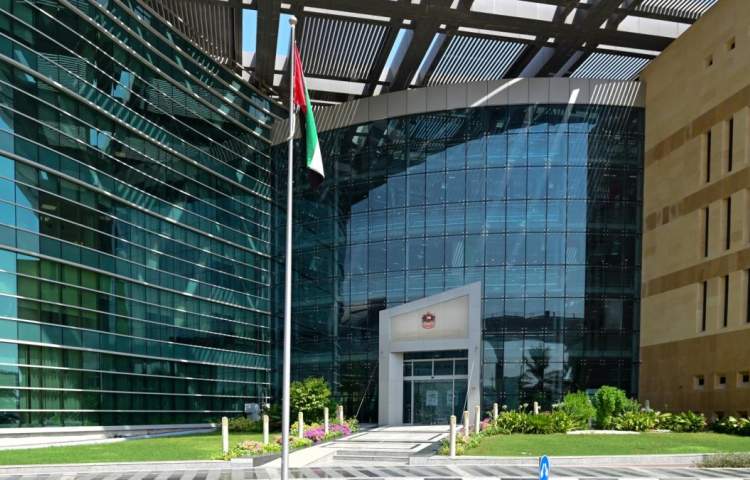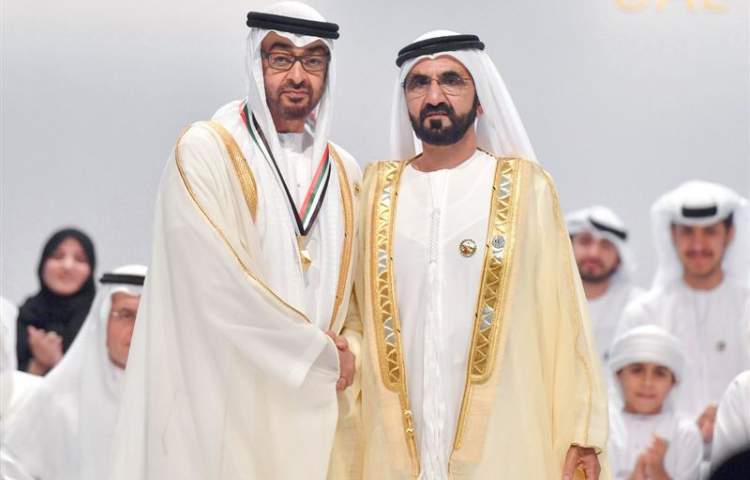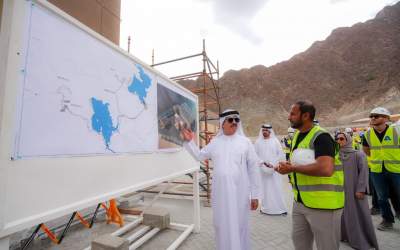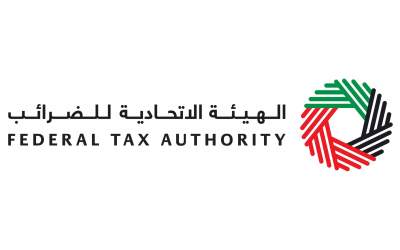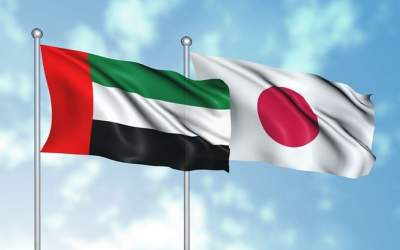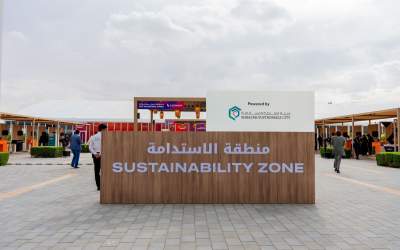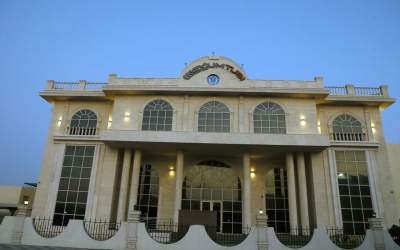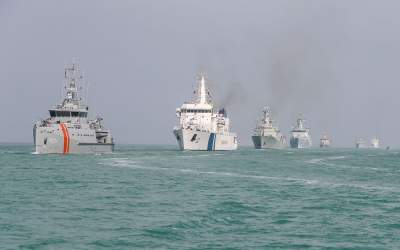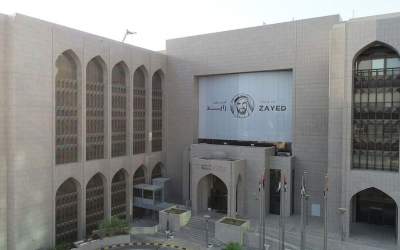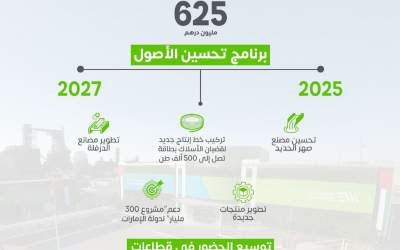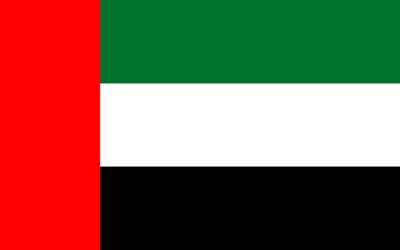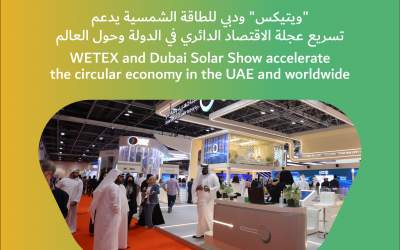The UAE has made significant progress in increasing the share of clean energy production in the overall energy mix, the UAE Ministry of Energy and Infrastructure said in a statement.
Publish dateMonday 16 September 2024 - 12:43
The UAE has managed to double its renewable energy capacity from 2019 to 2022, UAE Minister of Energy and Infrastructure Suhail bin Mohammed Al Mazrouei said on the occasion of the 2024 World Facilities Congress, which begins tomorrow in Abu Dhabi.
He said it is part of the UAE's energy strategy to triple installed capacity by 2030, in line with our commitment to achieve the UAE's energy transition goals agreed at COP28.
He added that in 2023, the UAE achieved a remarkable 70 percent growth in installed renewable capacity, reaching 6.1 GW, and has made progress in renewable energy competitiveness indicators.
The total value of our completed new and renewable energy projects is estimated at more than AED 45 billion,” Al-Mazrouei said of the UAE’s commitment to boosting investment in clean and renewable energy.
He elaborated on the progress of the UAE Energy Strategy 2050 and highlighted several key renewable and clean energy projects currently underway and on the horizon.
Al Mazrouei emphasized that the World Facilities Conference 2024, which starts tomorrow in Abu Dhabi, is a key event to share expertise and insights with global experts.
He noted that ADNOC's carbon management projects are very important in the UAE's climate strategy. ADNOC is at the forefront of adopting carbon capture and storage technologies with the goal of achieving climate neutrality by 2045.
As part of this commitment, ADNOC plans to double its carbon sequestration capacity by 2030, to 10 million tonnes per year.
He highlighted that the UAE has ranked top in the green hydrogen production race according to the Green Hydrogen Report 2024 by Alvarez & Marsal.
Moreover, as recognized in the World Economic Forum’s Enabling Action Roadmap for Low Carbon Hydrogen 2023, it ranks first in hydrogen market readiness in the Middle East and North Africa.
Al Mazrouei stated that the federal regulations on energy management in industrial facilities aim to reduce energy demand in the industrial sector by 33 percent by 2050.
It also improves air quality by 32 percent by reducing carbon emissions by 63 million tonnes, and is expected to save Dh14 billion by 2050.
In April 2023, the Cabinet approved the UAE Energy Services Market Regulation Policy, increasing cooperation between energy services companies, government entities and the private sector, Sohail Al-Mazrouei stated.
The policy encourages private sector investment in government projects to conserve energy and water, contribute to energy and water reduction targets, minimize carbon footprint, and reduce building operating costs.
The policy aims to develop the UAE’s energy services market through public-private partnerships, promote investment in energy productivity and renewables projects, support the National Energy and Water Demand Management Program 2050, and foster sustainable economic development.
He added that the ministry's new policy aims to reduce energy and water consumption in federal buildings by 25 percent and operating costs and covers 422 government buildings by 20 percent with the support of Dh500 million from the private sector and energy service companies.
amacnews.com/vdcj.mevfuqeix29zu.html
Source : news agency wam
Most viewed
